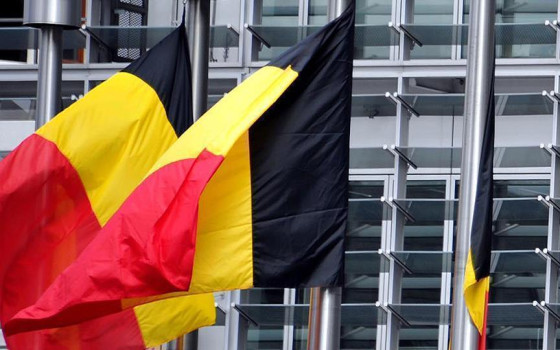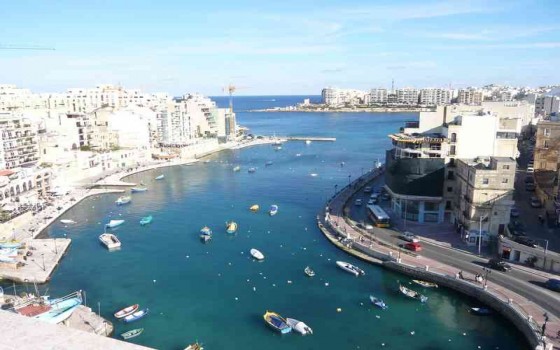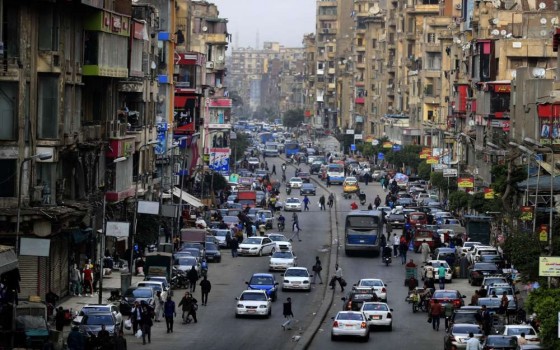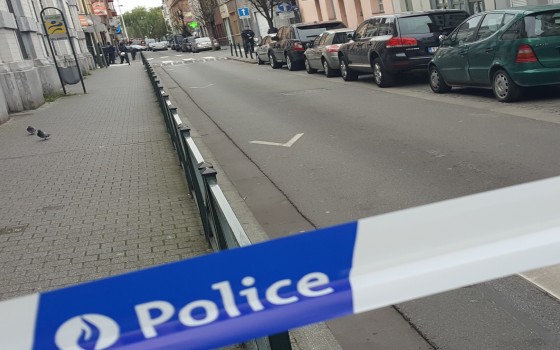
The ruling of the Constitutional Court in Belgium opens the door to the extradition of a diplomat convicted of terrorism...between welcoming and condemning

- Europe and Arabs
- Saturday , 4 March 2023 15:6 PM GMT
Brussels: Europe and the Arabs
Reactions varied regarding the decision of the Constitutional Court in Belgium that the agreement on the transfer of sentenced persons, which was previously signed between Belgium and Iran, is not contrary to the constitution. Commenting on this matter, a statement issued by the far-right Vlaams Blang party in Belgium quoted Flemish MP Ellen Samin as saying: "The court's decision opens the doors wide for the extradition of wanted persons, and thus the release of Asadi, the focus of Iranian terrorist operations in Europe." On the one hand, it is a very wrong precedent by which we succumb to Tehran's blackmail policy. On the other hand, it is dangerous for our national and European security to allow this terrorist to move forward again.
According to the party's statement, "Vlaams Belang was surprised by the content of the Constitutional Court's ruling in the case of humanitarian activist Van Dicastel Friday. For example, the court ruled that the agreement on the transfer of sentenced persons between Belgium and Iran is not at all unconstitutional. This agreement makes a de facto prisoner exchange possible between Terrorist diplomat Assadollah Assadi, who is imprisoned in Belgium, and an employee of a non-governmental organization, Olivier Vankastel, who is being held in a cell by Iran.But earlier, the court decided to suspend this agreement, because it violated the rights of al-Assadi's victims, and therefore it is unconstitutional.
"We should not surrender under any circumstances!"
Vlaams Belang faces two fundamental problems with the transfer agreement and thus with the court ruling. "On the one hand, it is a very wrong precedent by which we succumb to Tehran's blackmail policy," Sameen said. After all, the Ayatollah's regime mistreated Vandecasteele as a hostage and exploited him to free Asadi. On the other hand, it is absolutely dangerous for our national and European security to allow this terrorist to proceed again in his homeland, where he will be received as a hero.” And for Vlaam Belang, there can be no misunderstanding about it. Al-Assadi is in prison and the government must not implement this treacherous deal.”
On Friday, the Belgian Constitutional Court rejected the appeal against the controversial "Iran deal", which regulates the transfer of prisoners between Iran and Belgium. This means that Olivier Vandecastel, a Belgian aid worker who has been held in an Iranian cell for more than a year, will soon be able to return home. However, it is not clear when that will be. “It must be over, it must stop,” Olivier Van Steegem, a friend of Olivier Vandecastel, said, addressing Iran's opposition movement, the National Council of Resistance of Iran. "I ask them to end this nightmare." Detained in Iran for more than a year, Vandecastel was allegedly sentenced to 40 years in prison and 74 lashes for espionage in a show trial.
A terrible prisoner exchange
Although last summer the Belgian Chamber of Deputies approved a treaty allowing a prisoner exchange between Belgium and Iran, which would allow the release of the aid worker, the Belgian Constitutional Court suspended the treaty in early December. The NCRI requested the annulment, fearing that in exchange for Vandecasteele, Belgium would release Iranian terrorist Assadollah Assadi, who was planning an attack on the NCRI in 2018.
"I think this is the first time that the Constitutional Court has not converted an earlier suspension into an annulment," constitutional expert Evelyn Maes of ULiège/Saint-Louis University told the Flemish newspaper De Morgen. According to Mace, the Court indicates that it has jurisdiction to rule on this treaty. "But the concrete consideration of the right to life of my lion's victims versus Vandecastel's right to a dignified life has to be made by another court."
Transfer challenge
Therefore, NCRI attorney Rick Vanreusel plans to appeal to the lower court. The Iranian opposition movement intends to exercise its right to challenge the possible transfer of Assadollah Assadi in court, as permitted by the ruling of the Constitutional Court.
According to the NCRI, Asadi's release "violates UN Security Council Resolution 1373 against terrorism and encourages the mullahs' regime to continue and intensify hostage-taking and terrorism operations."
A lower court will now have to rule on this case. Although it is not clear how it will govern, the Belgian federal government, which drafted the treaty, is satisfied. "The government has always believed that the Treaty is an important legal tool for the return of Olivier Vandacastel to our country. Therefore, the government continues its efforts with determination. To this end, we are in close contact with the family of our compatriot," Hasib Maga said in a joint statement carried by the Belgian news agency.












No Comments Found